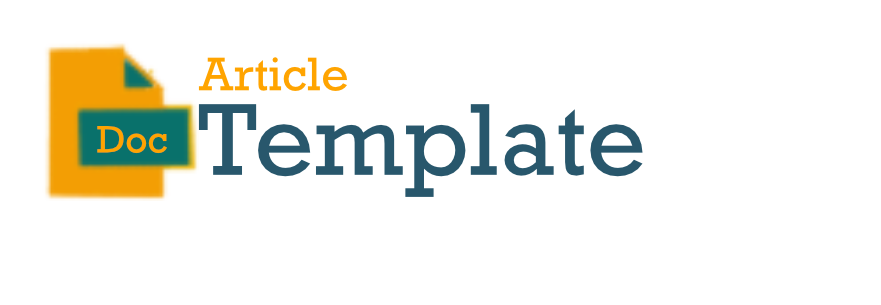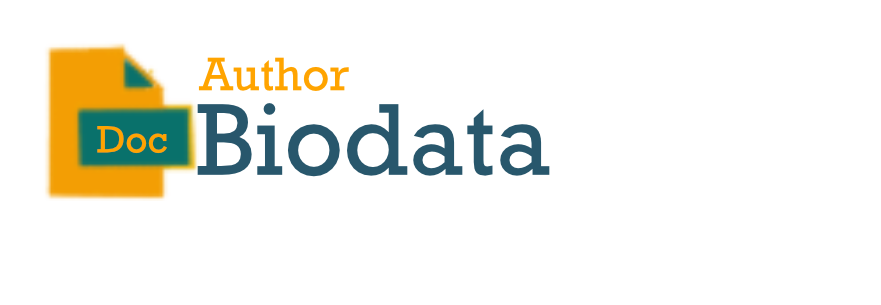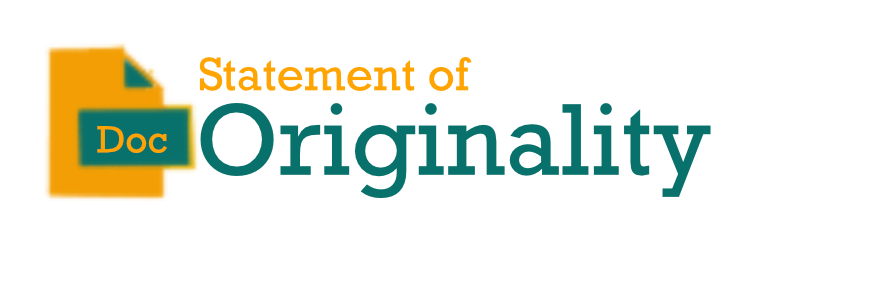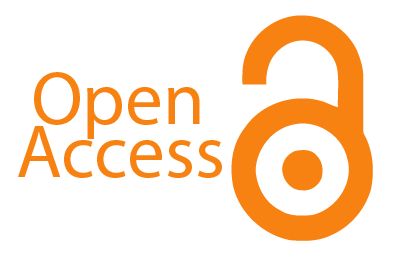Publication Ethics
Ethics Publication of Jurnal Ilmiah Kebidanan Indonesia (Indonesian Midwifery Scientific Journal)
Jurnal Ilmiah Kebidanan Indonesia (Indonesian Midwifery Scientific Journal) is a peer-reviewed journal to publish research in the health field. This journal follows the guidelines of the Publication Ethics Committee at UIMA which discusses all aspects of publication ethics and, in particular, how to handle cases of research and publication errors in the health sector. This statement explains the ethical behavior of all parties involved in the act of publishing articles in this journal, including the Author, Editor in Chief, Editorial Members, Reviewers and Publishers. This journal follows the guidelines based on the Head of LIPI Regulation Number 5 of 2014 concerning the Code of Ethics for Scientific Publications sourced from the COPE (Committee on Publication Ethics) in dealing with all aspects of publication ethics, and specifically how to deal with cases of research and publication errors.
Redaction Jikes strives to always follow the right and best practices regarding ethical issues, errors and revocation. Prevention of malpractice publications is one of the important responsibilities of the editorial board. Each type of unethical behavior is not acceptable, and journals do not tolerate plagiarism in any form. As an important issue, the ethics of publication need to be clearly explained to improve the quality of research throughout the world. In this section, we explain the standards for editors, writers and reviewers. The publisher has no right to interfere with the integrity of the content and only supports publication in a timely manner. Obligations of editors, reviewers and authors are described as follows.
EDITOR (In-Chief Editor and Editorial Members)
- Based on the review report, the editor can accept, reject or request modifications to the manuscript that goes to the editor of JIKI.
- The editor must be responsible for every article published on Jikes.
- Editors can communicate with peer editors and reviewers in making final decisions.
- An editor must evaluate the manuscript objectively for publication, assess each quality regardless of nationality, ethnicity, political beliefs, race, religion, gender, seniority, or institutional affiliation of the authors. He must refuse his duty if there is a potential conflict of interest.
- The editor needs to make sure the documents sent to the reviewer do not contain information that affects the review decision of the author.
- The editor's decision must be informed to the author along with reviewers' comments unless it contains offensive or slanderous remarks.
- The editor must respect the request from the author that someone may not review the shipment, if this makes sense and is practical.
- Editor in Chief and editorial members must guarantee the confidentiality of the submitted texts.
REVIEWER
- Reviewers need to provide comments on ethical questions and possible research and publication errors.
- Reviewers will do the work on time and notify the editor if they have completed the manuscript review process.
- Reviewers need to maintain the confidentiality of the manuscript.
- Reviewers may not accept to review the manuscript where there is a potential conflict of interest between the reviewer and the author.
AUTHOR
- The author needs to emphasize that the contents of the material in the article have never been published before and that they have not transferred the rights to the article elsewhere.
- The author must ensure the authenticity of the manuscript and correctly quote the work of others according to the reference format.
- Authors must not be involved in plagiarism or auto plagiarism.
- Authors must ensure that they follow the provisions for the manuscript writing format before being sent to Jikes.
- The author may not send the same manuscript to more than one journal simultaneously. It is also expected that the author will not publish excessive manuscripts or manuscripts that describe the same research in more than one journal.
- Authorship must be limited to those who have contributed significantly to the concept, design, implementation or interpretation of the research reported. Other people who have made significant contributions must be registered as co-authors. The author also ensures that all authors have seen and agreed to the proposed version of the text and the inclusion of their names as co-authors.
- The author does not recommend any personal information that might make the patient's identity recognized in the form of part descriptions, photographs or genealogies.
- The author must provide the data editor and job details, if there is an alleged data forgery or fabrication.
- If at any time, the author finds a significant error or inaccuracy in the submitted text, then an error or inaccuracy must be reported to the editor.
- Journal writers must clarify everything that can lead to conflicts of interest such as employment, research costs, consultant fees, and intellectual property.
REJECTION
Editor Jikes strives to ensure the accuracy of all information ("Contents") contained in its publications. However, the editor does not make any statements or guarantees regarding the accuracy, completeness or suitability of any purpose for the content and release all asuch statements and guarantees whether expressed or implied to the extent permitted by law. All views expressed in this publication are those of the authors and not necessarily the views of the editors of Jurnal Ilmiah Kebidanan Indonesia (Indonesian Midwifery Scientific Journal)










_page-0001.jpg)






